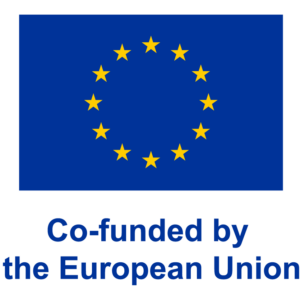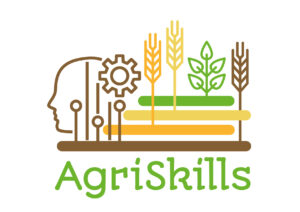Trauma-Informed Practice For Workers In Public Service Settings (TIPS)
 The general objective of this project is therefore to raise the awareness about the occurrence of posttraumatic stress symptoms (PTSS) and to equip professionals working in the public sector with skills which help them to identify PTSS among their clients, to promote their inclusion, to reduce barriers linked to discrimination and, as a consequence, to improve their respective service or counselling work .
The general objective of this project is therefore to raise the awareness about the occurrence of posttraumatic stress symptoms (PTSS) and to equip professionals working in the public sector with skills which help them to identify PTSS among their clients, to promote their inclusion, to reduce barriers linked to discrimination and, as a consequence, to improve their respective service or counselling work .
To reach these objectives, the specific objectives are:
- to compile user-oriented Guidelines for professionals working in the public sector to raise their awareness about the occurrence of PTSD among their clients, and to equip them with skills which help them to identify PTSS among their clients and to promote their inclusion;
- to develop a Catalogue with Case Studies Collection illustrating the most common work situations which shows examples how to react to clients who are suffering from PTSS;
- to develop training materials related to the respective chapters of the Guidelines and the particular Case stories;
- to enable networking and exchange of experience through implementation of an e-platform for the access to all contents and training materials;
- to give immediate access to the products through development of mobile applications for smart phones.
|
Website: trauma-informed-practice.eu e-Platform: training.trauma-informed-practice.eu Flyer: EN |
 |
|---|
Entrepreneurial skills for digitalisation of agriculture in rural areas – AgriSkills
 The AgriSkills project aims to strengthen the sustainable development in rural areas at regional level in Europe contributing to turn the European rural area agriculture into a learning environment for entrepreneurial skills and innovation. The overall objective of the project is to showcase and communicate innovative engagements and approaches in the agriculture-specific production and services, putting a specific focus on the training and education needs of our target groups such as
The AgriSkills project aims to strengthen the sustainable development in rural areas at regional level in Europe contributing to turn the European rural area agriculture into a learning environment for entrepreneurial skills and innovation. The overall objective of the project is to showcase and communicate innovative engagements and approaches in the agriculture-specific production and services, putting a specific focus on the training and education needs of our target groups such as
-
- Individuals with interest to develop business entities and live in the rural areas;
- SMEs and micro companies in rural areas;
- Regional agencies for rural areas development; and the
- General public Entrepreneurship and innovation are a key competence that contributes to the regional development. In this context, our target groups benefit from a focus on eco-innovation solutions such as sustainable innovation methods and applications as well as from the shift of labour-oriented work forces to knowledge-oriented work forces.
AgriSkills will involve partners from regions with different level of development of innovation policies and entrepreneurism. Moreover, AgriSkills will promote consolidation of existing cooperation between regional authorities of participating regions or to the development and establishment of new regional partnerships. These partnerships should act as a first step for organisations intocooperation at European level to
- Support the inclusion of target groups with fewer opportunities;
- Increasing quality in the work and practices of the organisations and institutions involved, opening up to new actors not naturally included within the agriculture sector;
- Building capacity of organisations to work transnationally and even across sectors;
- Addressing common needs and priorities in the fields of education, training, youth and sport. Thus, enabling transformation and change, leading to improvements at individual, organizational or sectoral level
|
Website: agriskills40.com Training Platform: training.agriskills40.com |
 |
|---|
Coping Strategies Against Information Disorder – COSTAID

This Erasmus Plus project, financed by the European Commission, has the ambition to contribute a sustainable approach to comprehensively counter the increasingly adverse effects of post-truth, fake news and conspiracy myths.
These processes have a high potential to negatively influence democratic processes and societal debates. This project will focus on raising awareness among young people (in and around vocational training) and improve societal resilience against disinformation. COSTAID will develop coping strategies against the proliferation of fake news and conspiracy myths, by making purposeful use of digital technologies in education, training, youth and sport. In the project, new and more democracy-relevant teaching and learning approaches will be developed and implemented. The project emphasizes human rights principles and the fundamental mission of education in developing and maintaining a culture of democracy in Europe.
COSTAID targets educators, teachers, trainers and all other professionals who work with young people, e.g. youth counselors and advisers, social workers, youth workers, but also sports trainers. They are the so-called ‘first-liners’ – people in direct contact with targeted individuals or vulnerable groups of population.
The scope of the project also includes other people working in the educational, social, or healthcare sector, as well as vocational education organizations. These organizations will be able to introduce the concept of the project into their training activities and offer new measures to their customers.
|
Website: costaid.eu Toolbox: toolbox.costaid.eu Flyer: EN |
 |
|---|


